Hello there, garden enthusiasts! Have you ever wondered why soil health is crucial for a successful and sustainable gardening practice? In this article, we will explore the significance of maintaining healthy soil in your garden to not only promote plant growth but also to support a sustainable environment. By understanding the importance of soil health, you can cultivate a thriving garden that will benefit both you and the ecosystem. Let’s dig in and uncover the secrets of sustainable gardening through soil health!
The Importance Of Soil Health In Sustainable Gardening
Have you ever wondered why some gardens thrive while others struggle to produce healthy plants? The key lies in the health of the soil. When it comes to sustainable gardening, soil health plays a crucial role in the success of your garden. In this article, we will explore the importance of soil health and how you can improve it to create a thriving and sustainable garden.
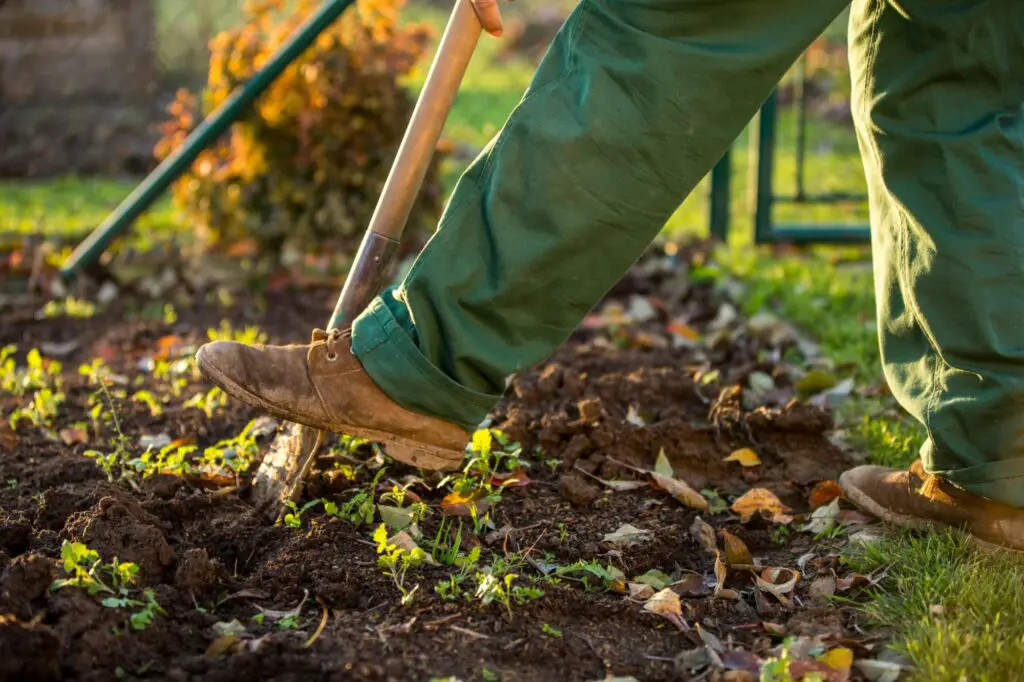
Understanding Soil Health
Soil health refers to the overall well-being and fertility of the soil. Healthy soil is teeming with life, from beneficial microorganisms to earthworms. It provides essential nutrients and minerals to plants, supports root growth, and aids in water retention and drainage. By understanding soil health, you can create an environment where plants can thrive.
When you look at your garden, you may not realize that what’s happening below the surface is just as important as what you see above ground. Healthy soil is alive with microbes, fungi, and other organisms that work together to provide plants with the nutrients they need to grow strong and healthy. A diverse and thriving soil ecosystem can help your garden resist pests and diseases naturally, reducing the need for harmful chemicals.
Benefits Of Healthy Soil
Healthy soil offers a wide range of benefits to your garden and the environment. Some of the key advantages of maintaining soil health include:
- Improved plant growth and crop yields
- Better nutrient retention and availability
- Enhanced water infiltration and retention
- Reduced erosion and soil compaction
- Increased biodiversity and ecosystem resilience
Imagine having a garden where your plants grow lush and vibrant, producing an abundant harvest year after year. By focusing on soil health, you can create a sustainable garden that benefits both you and the environment.
Improved Plant Growth and Crop Yields
By cultivating healthy soil, you provide plants with a rich source of nutrients and minerals essential for growth. Healthy soil also promotes robust root development, allowing plants to access water and nutrients more effectively. This results in stronger, healthier plants that can withstand environmental stresses and produce higher yields.
Better Nutrient Retention and Availability
Healthy soil acts as a reservoir for essential nutrients, releasing them gradually to plants as needed. This improves nutrient availability and uptake, reducing the need for synthetic fertilizers. By maintaining soil health, you can create a self-sustaining system where plants thrive without the use of harmful chemicals.
Enhanced Water Infiltration and Retention
Well-structured soil with high organic matter content has better water-holding capacity and drainage. This means that water can penetrate deeper into the soil, reaching plant roots more effectively. Healthy soil retains moisture, reducing the need for frequent watering and making your garden more resilient to drought conditions.
Reduced Erosion and Soil Compaction
Healthy soils are less prone to erosion and compaction, which can degrade soil structure and fertility. By nurturing a diverse soil ecosystem, you can improve soil stability and prevent erosion. Healthy soil is also less prone to compaction, allowing plant roots to grow freely and access nutrients and water more easily.
Increased Biodiversity and Ecosystem Resilience
A healthy soil ecosystem is a complex web of interactions between microorganisms, plants, and other organisms. By promoting biodiversity in your soil, you can enhance ecosystem resilience and support beneficial interactions that benefit your garden. Healthy soil creates a harmonious environment where plants can thrive and pests and diseases are naturally kept in check.
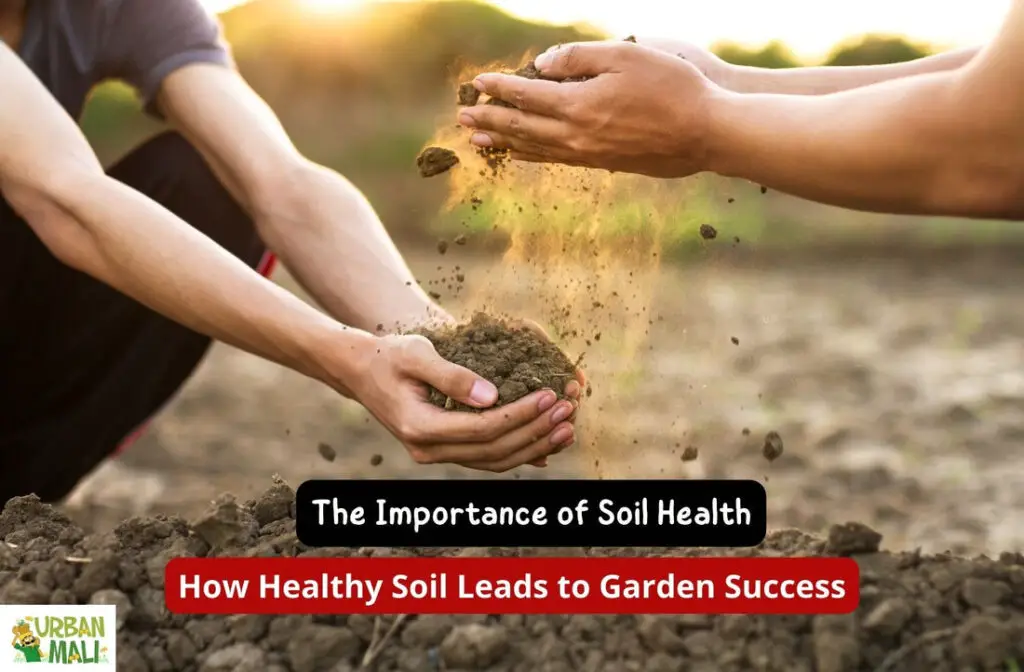
Assessing Soil Health
To improve soil health in your garden, you first need to assess its current condition. There are several factors to consider when evaluating soil health, including:
- Soil texture and structure
- pH levels
- Organic matter content
- Nutrient levels
- Compaction and drainage
By understanding these key factors, you can identify areas for improvement and make informed decisions to enhance soil health in your garden.
Soil Texture and Structure
Soil texture refers to the relative proportions of sand, silt, and clay particles in the soil. The texture of your soil influences its structure, water-holding capacity, and nutrient availability. Sandy soils drain quickly but may struggle to retain nutrients, while clay soils hold water well but can become waterlogged. Loamy soils with a balanced mix of sand, silt, and clay are ideal for most plants.
pH Levels
Soil pH is a measure of the acidity or alkalinity of the soil. Most plants prefer a slightly acidic to neutral pH range for optimal growth. By testing the pH of your soil, you can determine if it is within the ideal range for the plants you want to grow. You can adjust soil pH by adding lime to raise pH or sulfur to lower pH as needed.
Organic Matter Content
Organic matter is the key to soil health, providing essential nutrients to plants and supporting the growth of beneficial microorganisms. Healthy soils should have a high organic matter content, which can be increased by adding compost, mulch, or cover crops to your garden. Organic matter also improves soil structure, water retention, and nutrient availability.
Nutrient Levels
Essential nutrients such as nitrogen, phosphorus, and potassium are critical for plant growth and development. By testing your soil for nutrient levels, you can determine if any deficiencies need to be addressed. Organic fertilizers, compost, and other soil amendments can help replenish nutrients in the soil and support healthy plant growth.
Compaction and Drainage
Soil compaction can restrict root growth and water infiltration, leading to poor plant performance. By assessing soil compaction and drainage issues in your garden, you can take steps to improve soil structure and aeration. Adding organic matter, aerating the soil, and using cover crops can help alleviate compaction and enhance soil health.
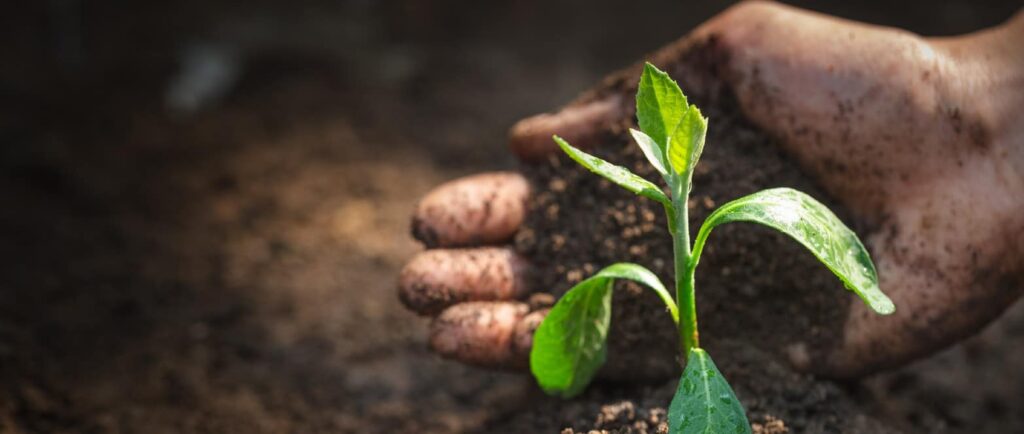
Improving Soil Health
Once you have assessed the current condition of your soil, you can take steps to improve its health and fertility. There are several strategies you can use to enhance soil health in your garden, including:
- Adding compost and organic matter
- Using cover crops and green manures
- Implementing crop rotation and companion planting
- Minimizing tillage and soil disturbance
- Avoiding chemical pesticides and synthetic fertilizers
By incorporating these practices into your gardening routine, you can create a sustainable garden that thrives on healthy, vibrant soil.
Adding Compost and Organic Matter
Compost is a valuable source of organic matter and nutrients for your soil. By adding compost to your garden beds, you can improve soil structure, boost nutrient levels, and support beneficial soil organisms. Compost also helps retain moisture, suppress weeds, and reduce the need for synthetic fertilizers.
Using Cover Crops and Green Manures
Cover crops and green manures are plants grown specifically to improve soil health. These crops can add organic matter to the soil, fix nitrogen, suppress weeds, and prevent erosion. By planting cover crops in between main crops or during fallow periods, you can keep your soil healthy and productive year-round.
Implementing Crop Rotation and Companion Planting
Crop rotation and companion planting are traditional farming practices that can benefit soil health and plant growth. By rotating crops and planting complementary species together, you can reduce pest and disease pressure, replenish soil nutrients, and improve soil structure. These practices help maintain a balanced ecosystem in your garden and support long-term soil health.
Minimizing Tillage and Soil Disturbance
Tillage and excessive soil disturbance can disrupt soil structure, expose organic matter to decomposition, and lead to erosion. By minimizing tillage and using no-till gardening methods, you can preserve soil structure, protect beneficial soil organisms, and reduce soil compaction. Less tillage also conserves moisture and promotes healthier soil ecology.
Avoiding Chemical Pesticides and Synthetic Fertilizers
Chemical pesticides and synthetic fertilizers can harm soil health and disrupt the delicate balance of the soil ecosystem. By avoiding these harmful inputs and opting for organic pest control methods and fertilizers, you can protect soil organisms, prevent nutrient imbalances, and create a more sustainable garden. Organic gardening practices help maintain soil health while supporting a healthy and diverse ecosystem.
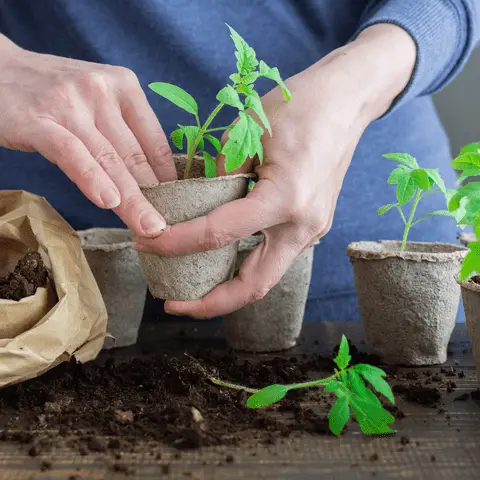
Maintaining Soil Health
Once you have improved soil health in your garden, it’s essential to maintain it over time. Regular monitoring and care are necessary to ensure that your soil remains healthy and productive. Some key practices for maintaining soil health include:
- Regular soil testing and analysis
- Mulching and composting
- Rotating crops and planting cover crops
- Conserving water and reducing runoff
- Supporting beneficial soil organisms
By incorporating these practices into your gardening routine, you can create a resilient garden that thrives on healthy, vibrant soil.
Regular Soil Testing and Analysis
Regular soil testing is essential for monitoring nutrient levels, pH, and other key soil properties. By conducting soil tests periodically, you can adjust your soil management practices to meet the needs of your plants and maintain soil health. Soil analysis helps you identify any deficiencies or imbalances that need to be addressed to ensure optimal plant growth.
Mulching and Composting
Mulching and composting are effective ways to maintain soil health and fertility. Mulch helps retain moisture, suppress weeds, and regulate soil temperature, while compost adds valuable organic matter and nutrients to the soil. By using mulch and compost in your garden, you can improve soil structure, support beneficial soil organisms, and reduce the need for synthetic inputs.
Rotating Crops and Planting Cover Crops
Crop rotation and cover cropping are important practices for maintaining soil health and fertility. By rotating crops and planting cover crops, you can prevent nutrient depletion, suppress weeds, and break pest and disease cycles. These practices help replenish soil nutrients, enhance soil structure, and support a diverse and resilient soil ecosystem.
Conserving Water and Reducing Runoff
Water conservation is critical for maintaining soil health and preventing erosion. By using efficient irrigation methods, capturing rainwater, and reducing runoff, you can conserve water and protect soil structure. Conserving water also helps maintain soil moisture levels, reduce soil compaction, and support healthy plant growth in your garden.
Supporting Beneficial Soil Organisms
Beneficial soil organisms, such as earthworms, fungi, and bacteria, play a vital role in maintaining soil health. By supporting these organisms through organic gardening practices, you can create a thriving soil ecosystem that benefits your plants. Avoiding harmful chemicals, using organic amendments, and providing habitat for beneficial organisms can help foster a healthy and diverse soil community.
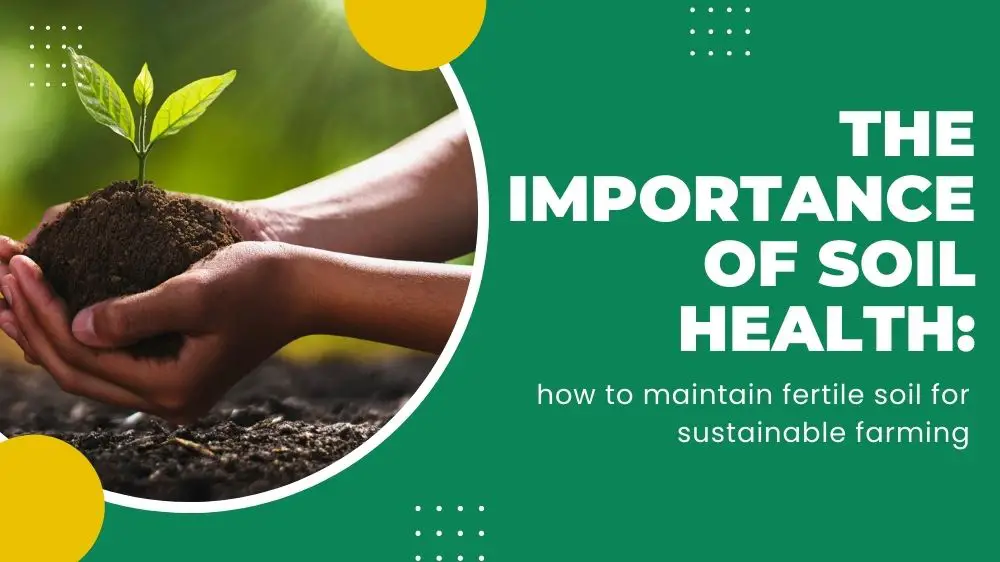
Conclusion
In conclusion, soil health is a fundamental aspect of sustainable gardening. By understanding the importance of soil health and implementing practices to improve and maintain it, you can create a thriving garden that benefits both you and the environment. Healthy soil supports plant growth, conserves water, reduces erosion, and promotes biodiversity in your garden. By focusing on soil health, you can cultivate a sustainable garden that nourishes your plants and sustains the ecosystem for years to come.
